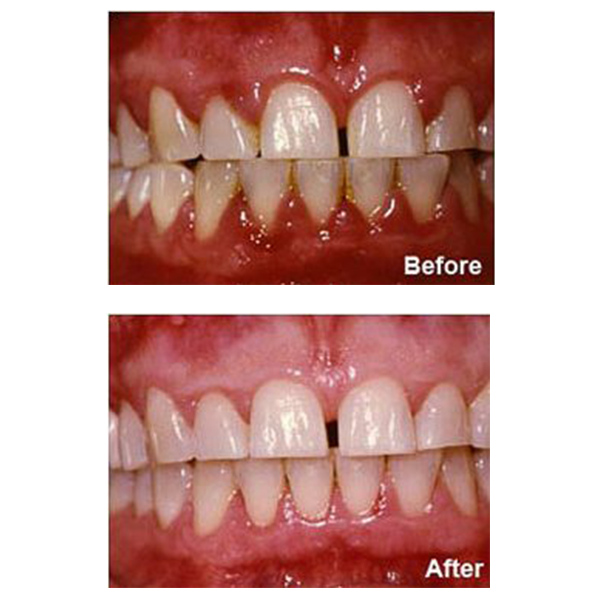Inflammation
Inflammation and Periodontal Disease
The American Academy of Periodontology seeks to educate the public about research findings which support what dental professionals have long suspected: Infections in the mouth can play havoc elsewhere in the body. For a long time it was thought that bacteria was the factor that linked periodontal disease to other infections in the body; however, more recent research demonstrates that inflammation may link periodontal disease to other chronic conditions.
Research has shown, and experts agree, that there is an association between periodontal diseases and other chronic inflammatory conditions, such as diabetes, cardiovascular disease and Alzheimer’s disease. Therefore, treating inflammation may not only help manage periodontal diseases but may also help with the management of other chronic inflammatory conditions.

Periodontal Evaluation
When an inflammatory condition is suspected or diagnosed, it is important to consult with both a general physician and a dental health professional, such as a periodontist. Sometimes the only way to detect periodontal diseases is through a periodontal evaluation.
A periodontal evaluation may be especially important if you:
- Have a high risk for periodontal diseases.
- Have heart disease, diabetes, respiratory disease, or osteoporosis, or are thinking of becoming pregnant.
- Have a family member with periodontal disease. Research suggests that the bacteria that cause periodontal disease can pass through saliva. This means the common contact of saliva in families puts children and couples at risk of contracting the periodontal disease of another family member.
- Have a sore or irritation in your mouth that does not get better within two weeks.